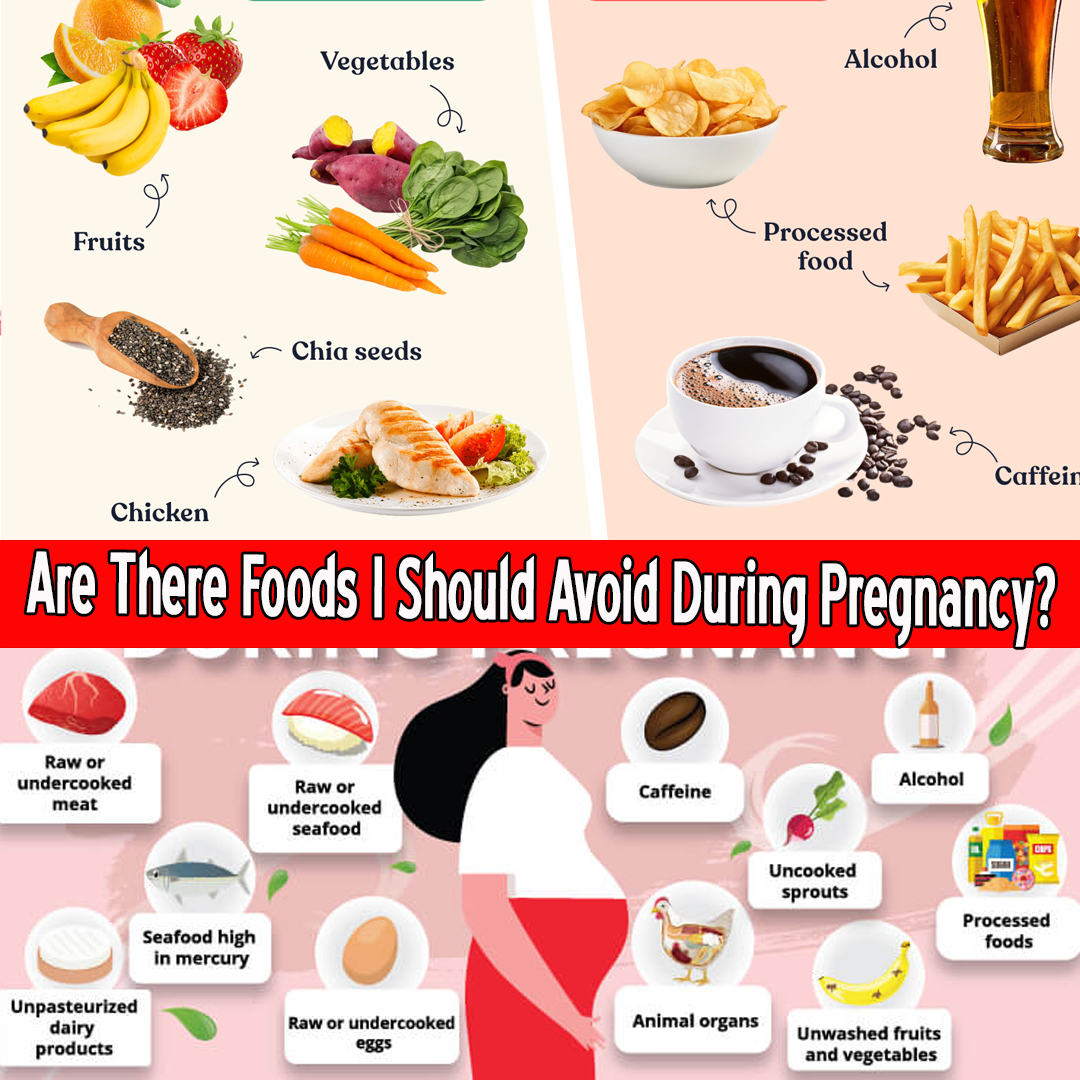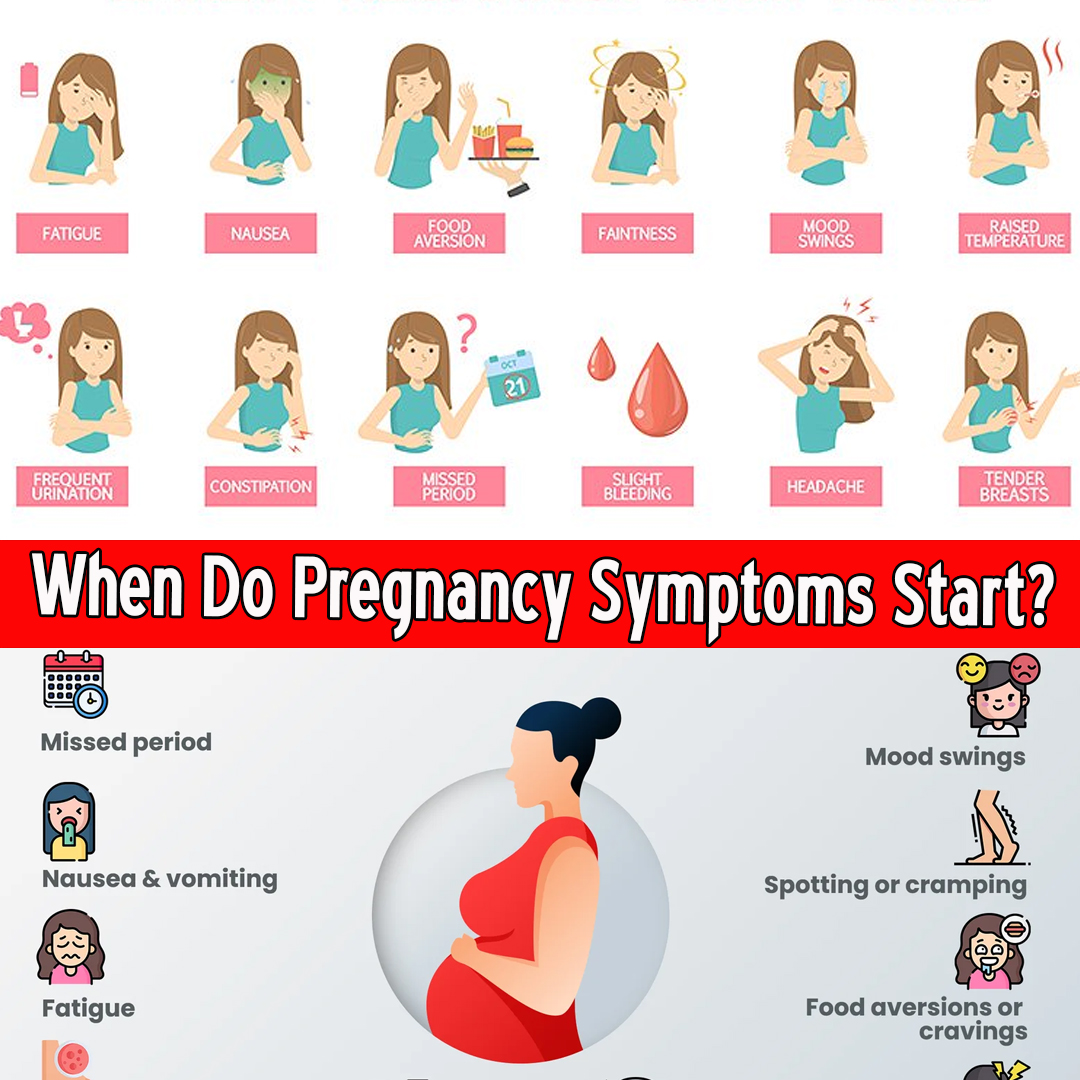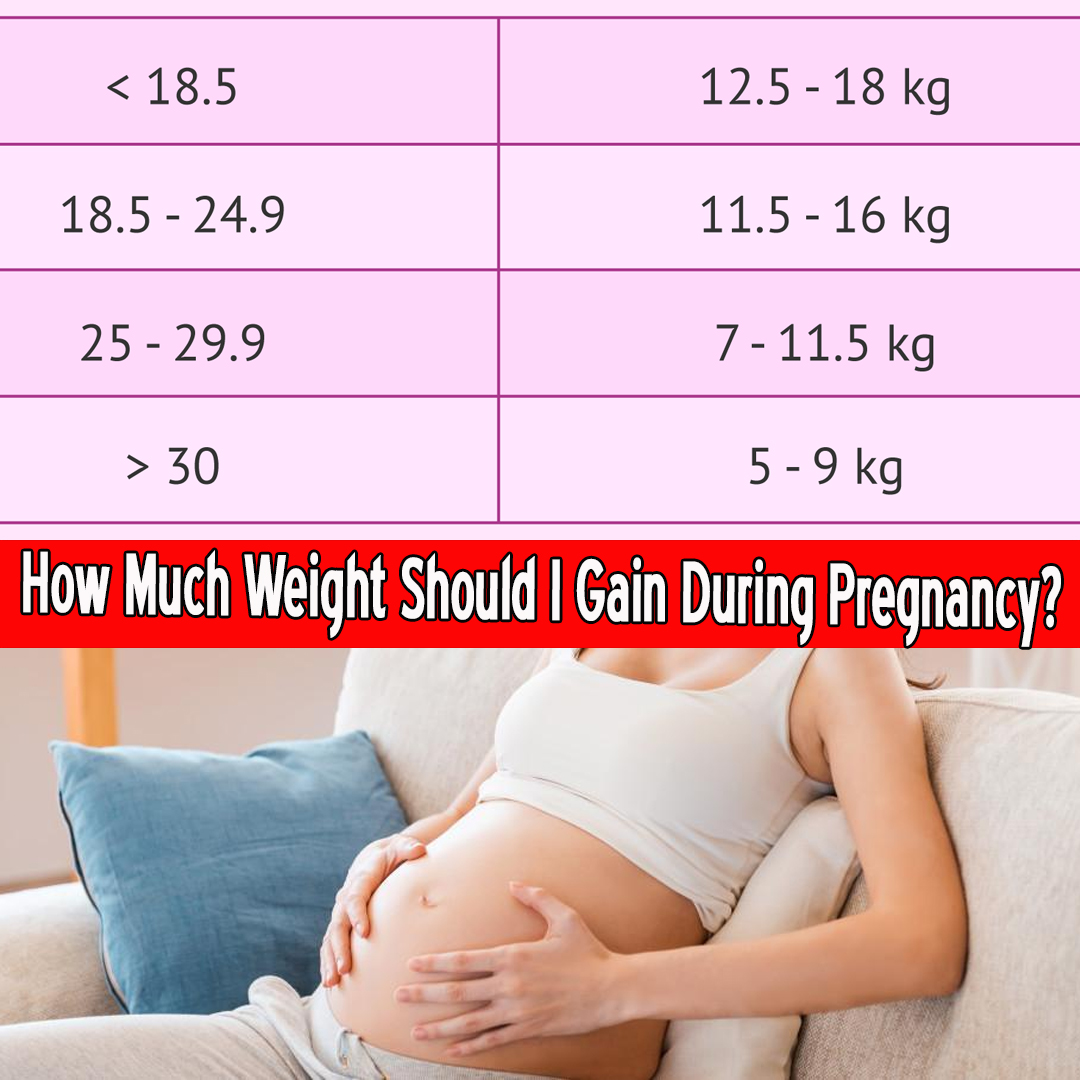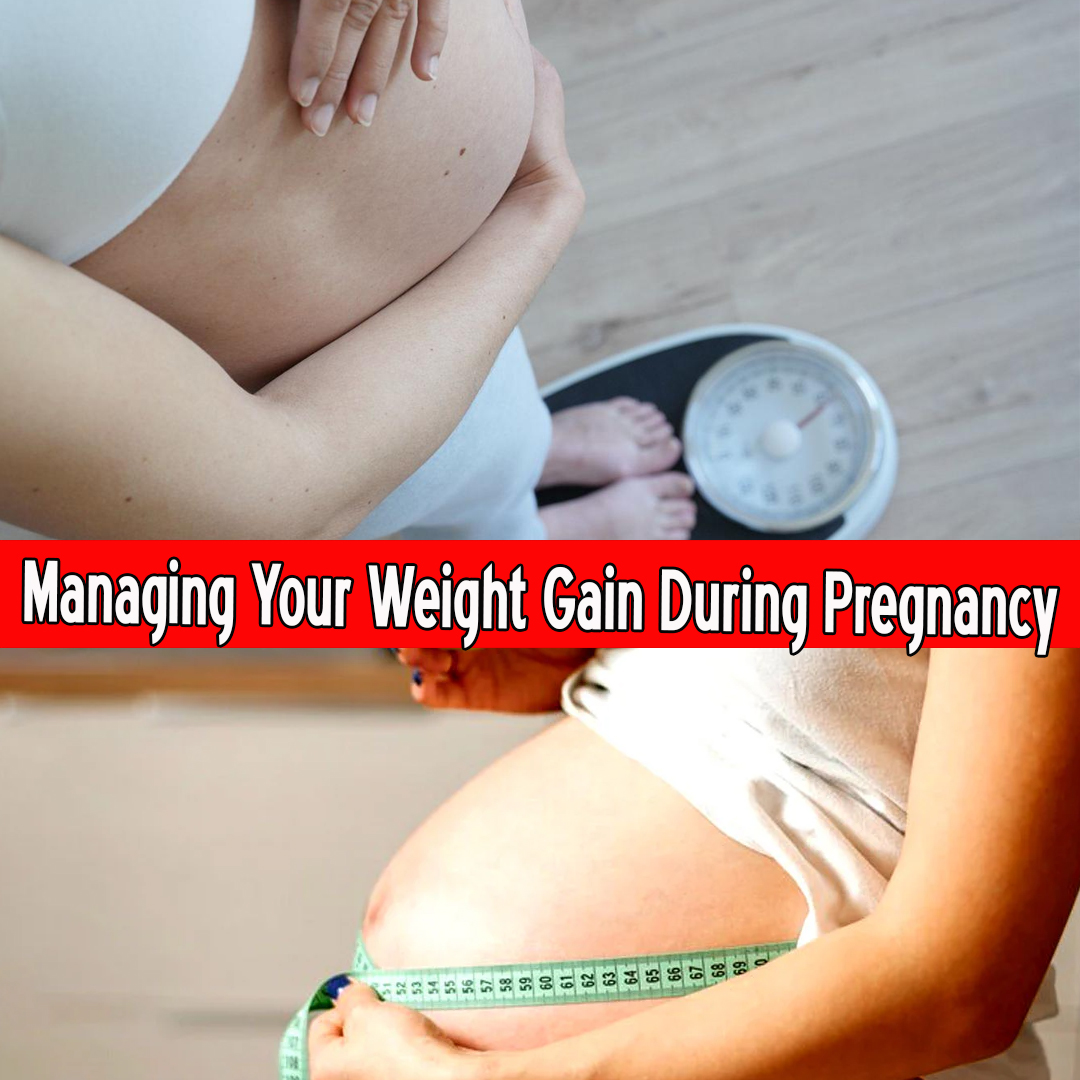Pregnancy can begin so subtly that many women don’t even realize it’s happening. While mainstream culture tends to highlight the “classic” signs of pregnancy—missed periods, morning sickness, and swollen breasts—not every woman experiences these right away. In fact, some pregnancies begin with such mild or unusual symptoms that they go completely unnoticed for weeks or even months.
These lesser-known, subtle symptoms are called hidden pregnancy signs. For some women, especially those with irregular cycles, underlying medical conditions, or certain lifestyle factors, these signs can be overlooked or mistaken for something else entirely.
In this detailed guide, we’ll explore 70 subtle, confusing, or easily missed signs of pregnancy, backed by explanations, real-life examples, and helpful advice for identifying them.
🌟 What Are Hidden Pregnancy Signs?

Hidden pregnancy signs
Hidden pregnancy signs are the early and often vague symptoms that may occur before a woman even considers the possibility of being pregnant. These symptoms can be physical, emotional, or hormonal in nature and are often mistaken for:
-
Premenstrual syndrome (PMS)
-
Stress or anxiety
-
Digestive issues
-
Side effects of medication
-
Fatigue or illness
In rare but documented cases, a condition known as cryptic pregnancy occurs when a woman doesn’t realize she’s pregnant until she’s months into the pregnancy—or even in labor. But even outside of these rare cases, hidden symptoms are surprisingly common.
🤱 Categories of Hidden Pregnancy Signs
For clarity, we’ll divide hidden signs of pregnancy into six categories:
-
Menstrual and hormonal irregularities
-
Digestive and appetite-related changes
-
Breast and body sensations
-
Emotional and mental shifts
-
Subtle physical cues
-
Unusual sensory or systemic symptoms
🩸 1. Menstrual and Hormonal Irregularities
1. Lighter-than-usual period
What seems like a period may actually be implantation bleeding, which is typically lighter, shorter, and brownish or pink.
2. Spotting between periods
Early pregnancy may bring spotting around the time your period is due.
3. Irregular cycles
For women with irregular periods, a missed period can be easy to overlook.
4. Cramping mistaken for PMS
Mild uterine cramping can occur due to implantation and early growth.
5. Skipped period with negative test
Some early pregnancies don’t show up on tests until a few weeks in.
🍽️ 2. Digestive and Appetite-Related Changes
6. Mild nausea without vomiting
Unlike classic morning sickness, some women only feel slight queasiness.
7. Feeling full quickly
A sudden change in appetite can appear early.
8. Food aversions
Dislike of strong smells, meats, dairy, or even your favorite foods.
9. Cravings for odd combinations
Some women crave unusual food mixes or textures (ice, chalk, pickles with milk, etc.).
10. Excess gas and bloating
Slower digestion due to progesterone can cause bloating and flatulence.
11. Constipation
Hormonal shifts can slow your bowel movements, often unnoticed.
12. Heartburn or indigestion
Even without overeating, acid reflux can show up early.
💖 3. Breast and Body Sensations
13. Tingling breasts
One of the earliest signs, often mistaken for PMS.
14. Heavier feeling in breasts
A dull ache or pressure that feels unusual.
15. Darkened areolas
Subtle at first, pigmentation increases due to hormonal shifts.
16. More visible veins in the chest
Increased blood flow may make veins more prominent.
17. Itchy nipples or skin
Due to stretching and hormonal changes, skin may feel dry or sensitive.
🧠 4. Emotional and Mental Shifts
18. Mood swings
Estrogen and progesterone spikes may cause intense emotional reactions.
19. Increased anxiety
Feeling uneasy or restless without a clear reason.
20. Sudden depression
Low moods without cause can be hormonal in origin.
21. Heightened intuition
Some women describe a strong gut feeling that “something is different.”
22. Difficulty focusing
Mental fog or forgetfulness is common even early on.
23. Intensified dreams
Vivid or emotional dreams may start within days of conception.
😴 5. Subtle Physical Cues
24. Fatigue or low energy
One of the most commonly overlooked signs—progesterone causes drowsiness.
25. Sleep disruption
Despite being tired, many find it hard to sleep soundly.
26. Increased urination
Due to kidney and bladder changes, even before baby grows.
27. Headaches
Hormonal changes and increased blood volume may cause dull, tension-like headaches.
28. Mild dizziness or lightheadedness
Particularly when standing too fast or skipping meals.
29. Body temperature changes
Many women feel warmer than usual or fluctuate between hot and cold.
30. Night sweats
Early hormonal changes may trigger sweating at night.
31. Back pain or pelvic pressure
Mild, early discomfort can resemble PMS or lower back strain.
🧬 6. Unusual Sensory or Systemic Symptoms
32. Heightened sense of smell
Perfumes, food, or body odor may suddenly smell stronger or offensive.
33. Change in taste
Some describe a metallic taste or change in flavor perception.
34. Excessive salivation
Ptyalism gravidarum—excess saliva—is rare but possible early on.
35. Cold-like symptoms
Nasal congestion, mild cough, or sneezing due to hormonal effects on mucous membranes.
36. Increased thirst
Often confused with dehydration, but caused by rising blood volume.
37. Dry mouth
Common, especially at night or upon waking.
38. Minor nosebleeds
Caused by sensitive nasal tissues and increased circulation.
🔍 Less Obvious But Reported Hidden Signs
39. Ringing ears (tinnitus)
Some pregnant women report unexplained ear buzzing or ringing.
40. Itchy palms or feet
Can be a symptom of hormonal fluctuation.
41. Restless legs
A crawling sensation or need to move legs at night.
42. Twitching eyelids or muscles
Attributed to electrolyte shifts or hormonal changes.
43. Skin breakouts or acne
Hormones increase oil production, leading to unexpected blemishes.
44. Clear skin
Conversely, some women get a radiant glow from increased blood flow.
45. Dry or flaking skin
Hormonal surges can cause unexpected dryness.
🤷 What Makes These Signs “Hidden”?
Many of these symptoms:
-
Are easy to blame on other causes (e.g., stress, PMS, lifestyle)
-
Occur sporadically and don’t seem linked to anything obvious
-
Seem minor or unrelated to pregnancy altogether
In addition, many people don’t suspect pregnancy if:
-
They’re using birth control
-
They recently gave birth or are breastfeeding
-
They’ve been told they’re infertile
-
They have PCOS or irregular cycles
These factors all make hidden pregnancy symptoms more likely to go undetected.
📆 When Do Hidden Signs Start?
While classic pregnancy symptoms (like morning sickness) often begin around week 6, hidden signs can start as early as days after conception, including:
-
Breast changes: 1–2 weeks
-
Fatigue: 1 week
-
Mood swings: 2–3 weeks
-
Spotting: 6–12 days post-ovulation
-
Appetite shifts: 2–4 weeks
✅ What to Do If You Suspect Pregnancy But Aren’t Sure
If you’re experiencing a combination of the hidden signs above but haven’t missed your period yet, here’s what you can do:
-
Track your symptoms and cycle: Note any new patterns or feelings in a journal or app.
-
Take a home pregnancy test: Ideally after your missed period, or at least 12–14 days past ovulation.
-
Consult a doctor: A blood test (hCG beta) or ultrasound can confirm pregnancy earlier than a urine test.
-
Rule out other conditions: Thyroid problems, PCOS, anemia, and hormonal disorders can mimic pregnancy symptoms.
🧠 Final Thoughts
Pregnancy does not always announce itself in loud, unmistakable ways. Sometimes, it arrives quietly, with just a hint of a symptom here or there. Hidden pregnancy signs are real, valid, and important to understand—especially for women with irregular cycles, recent childbirth, or complex health backgrounds.
The key takeaway is this: Listen to your body. If something feels “off,” even if you can’t explain it, consider pregnancy as a possibility.
Whether you’re trying to conceive or not, awareness is power. By learning the full spectrum of possible symptoms—including the hidden ones—you’ll be more prepared to take action when the time is right.















Leave a Reply